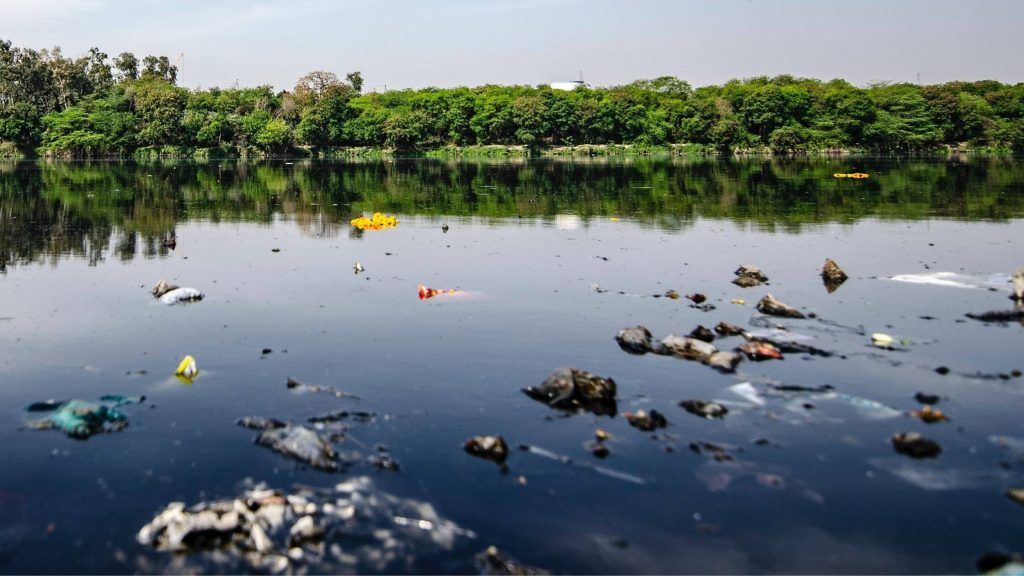The Sovjak pit is a natural karst sinkhole that has been used since 1949 for the uncontrolled and improper disposal of hazardous waste.
It is estimated that about 250,000 cubic meters of various waste were disposed of in the pit by the 1990s. Examples include acid sludge, a waste material generated as a by-product during the production of lubricants, motor oils and asphalt, waste asphalt from coke ovens, waste oils and fuel oils from shipyards, residues from storage tanks for oil, petroleum products and others.
At a press conference on Wednesday, the director of the Environmental Protection and Energy Efficiency Fund, Siniša Kukić, underscored the complexity of the project preparation process, during which three remediation models had been proposed. The final model was selected through consultation with the citizens of Viškovo.
“The project is large and complex not only due to high costs, but also due to works taking place in the immediate vicinity of houses”, he said.
Kukić also added that the contractors were required to meet the highest standards of environmental protection, adding that the safety of the residents was their priority.
Permanently remove threat to environment and residents
Sanja Udović, the head of the municipality of Viškovo, expressed satisfaction that after many years, the remediation of the pit would start.
“The project will not be easy nor simple, but it will permanently remove the threat to the environment and the consequences the residents have been feeling for decades,” she said.
The State Secretary at the Ministry of the Economy and Sustainable Development, Mile Horvat, said this was a key moment for the residents of Viškovo because new green space was being created.
Primorje-Gorski Kotar County Prefect Zlatko Komadina said that the problem of the Sovjak pit was a result of decades-long irresponsible behaviour.
“The price of remediation is high, but nothing is more expensive than the health of residents”, he said.
The remediation project was presented by Maja Feketić, the head of the Sector for EU Funds at the Environmental Protection and Energy Efficiency Fund, saying that the contractors selected in the public call were joint bidders GK Group from Varaždin, Slovenian EKOMO, and IVICOM Consulting from Zagreb.
Deadline 54 months
The deadline for the completion of works is 54 months. 85% of the investment has been secured from EU funds, while the rest will be covered by the Fund.
The remediation is expected to begin by the end of 2022.
For more, check out our dedicated lifestyle section.








